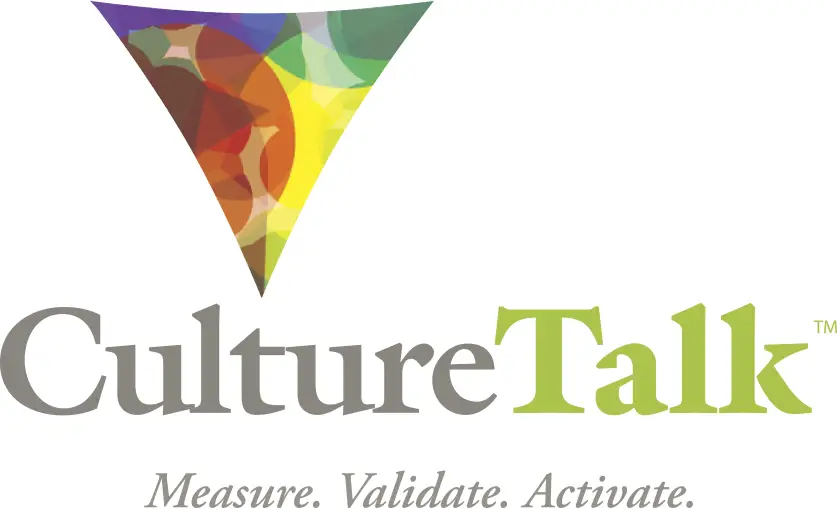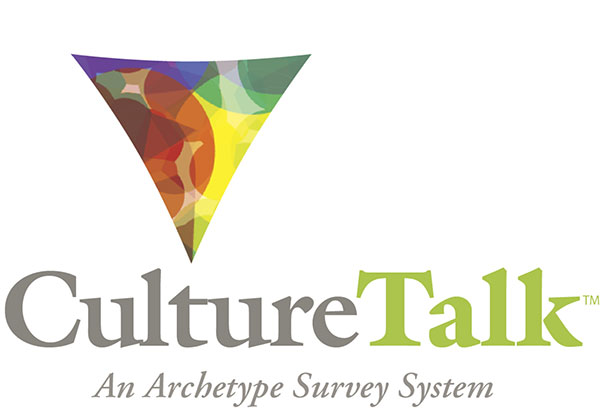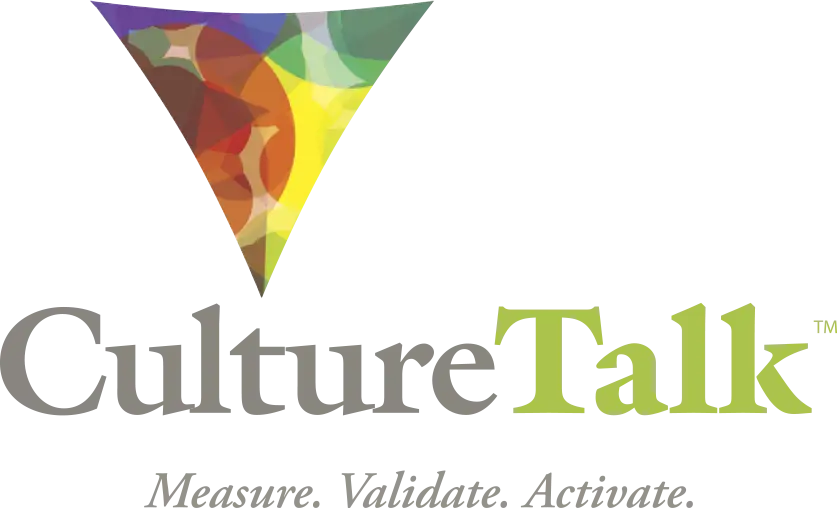A Full-Scale Approach to Culture Change
- August 22, 2022
- 2:35 pm
- Isabelle Forstmann
Culture change can be a complex proposition.
Culture – the experience that results when people and teams are brought together around a purpose and strategy – is both multi-dimensional and one-of-a-kind. Often we tackle the culture change conversation one layer at a time. Leaders. Teams. Conflict. Behavior. Brand. Purpose. Recruiting. Engagement. Diversity. And so on. Each of these is part of the overall culture equation. But what if you need to move the needle across the board?
Rather than a complex change model that takes experts to interpret, in this episode of Thursdays Live With CultureTalk CultureTalk co-founders Cynthia Forstmann and Theresa Agresta share a change process that:
- Provides an integrated, holisitc view of leaders, teams and organizations
- Leverages human story to uncover motivation and deepen connection
- Ties together personal and organizational purpose
- Leans into iterative behaviorally focused activities
No time to listen? Catch the highlights below.
(2:17) What is culture? How do you change it?
From a big picture perspective, it’s useful to think of culture as an ecosystem, individuals and the many interactions between individuals give rise to larger patterns. A change in one part of that ecosystem creates ripple effects throughout.
In culture change initiatives, we seek to create ripples that turn into a great wave of transformation.
(4:30) The three principles of culture change:
- Change happens from the inside out, rather than the topside down.
- Change happens at the individual level.
- Culture is a repeating pattern.
(9:01) Taking the 30,000 ft view
If culture is repeating patterns of behavior, the first step is to take a high-level view of the overarching patterns at play within an organization. At CultureTalk we began the process with an audit. We use the lens of Archetypes, which touch on universal themes, to characterize cultural patterns in a language that’s familiar and resonant. Some parts of the pattern may be working for us; it’s not black and white, a good culture or a bad culture. Rather, we ask “Are these patterns empowering us or disempowering us?”
“It’s not organizations that change, it’s people that change.”
(14:58) So then, how do we get individuals involved in a culture change?
When an organization does a CultureTalk culture audit t we follow a process of “measure, validate, activate.” At the same time as we identify the patterns of the organization, the people that make up that organization identify their personal archetypes. The two can be compared, we may discover ways in which our own values are aligned with the values and goals of the organization. We also recognize how our actions and choices contribute to the larger patterns that aren’t working for us.
(16:23) To illustrate, Theresa shares an anecdote.
She was involved in culture audit with a high caregiver organization. This organization prided themselves on their stellar customer service, even boasted that they were so dedicated to customer service they took calls while on vacation. But there was a problem, team members were experiencing a high degree of burnout. When this unhealthy expression of the caregiver pattern was unearthed, the question became “where are the guardrails? Where do we draw the line short of overdoing it?” Individuals identified what role they played in recognizing and rewarding the self-sacrificing behavior. The team members tangible commitments to leave the phone behind on vacation.
(24:12) Our drive to collaborate
Much has been said about “survival of the fittest” and competition, but another through line in the human story is collaboration: our advancement as a species was made possible because we worked together in pursuit of a common goal.
This drive to collaborate is in our DNA. Our goal in culture change initiatives is to engage this desire to collaborate.
Archetypes provide a simple and universal language in which those goals can be articulated, and wins can be celebrated. When people have been given permission to share their stories, the story of “us” arises; we gain a framework through which new institutional stories can be told.






